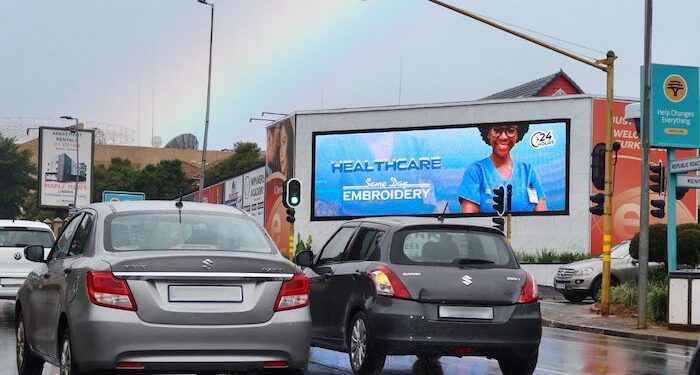The out of home advertising sector continues to grow its share of the overall media pie, distinguishing itself as one of the few above-the-line (ATL) mediums experiencing consistent upward momentum.
With increased urbanisation and mobility, OOH gives unmatched visibility in high-traffic environments. It remains one of the most effective ways to deliver unskippable brand messaging at scale and, with innovations in DOOH, it’s becoming more data-led, targeted, and measurable than ever before.
A major challenge in the OOH sector is the lack of industry-wide cohesion. Fragmentation exists across media owners, with inconsistent format sizes, differing audience metrics and varied research methodologies.
Media planning complications
This inconsistency complicates media planning and undermines confidence in OOH’s ability to deliver unified reach. The absence of standardised measurement tools also makes it harder to prove performance compared to digital media, placing the burden on individual owners or agencies to interpret and translate value for clients.
There is significant opportunity for the OOH industry to develop shared policies and standardised governance, which would improve integration into broader ATL schedules.
Streamlining processes – particularly for pDOOH – will position OOH as a seamless, data-rich channel that complements digital campaigns. Industry-wide collaboration on metrics, formats and trading protocols would not only simplify planning but also enhance transparency and trust, making it easier for media planners to justify and increase OOH investment.
Disregard for bylaws
Disregard for municipal bylaws – by both media owners and advertisers – is a serious threat to the credibility and ultimately the sustainability of the OOH sector. When illegal or non-compliant sites are tolerated or even rewarded, it undermines legitimate players and invites regulatory crackdowns.
The bigger concern is that clients often don’t care about compliance, prioritising price and placement over legality or ethics. This attitude could destabilise the industry if not addressed through collective accountability.
Steve Duck is chief revenue officer: media at Glynt, previously Tractor Outdoor Holdings.














